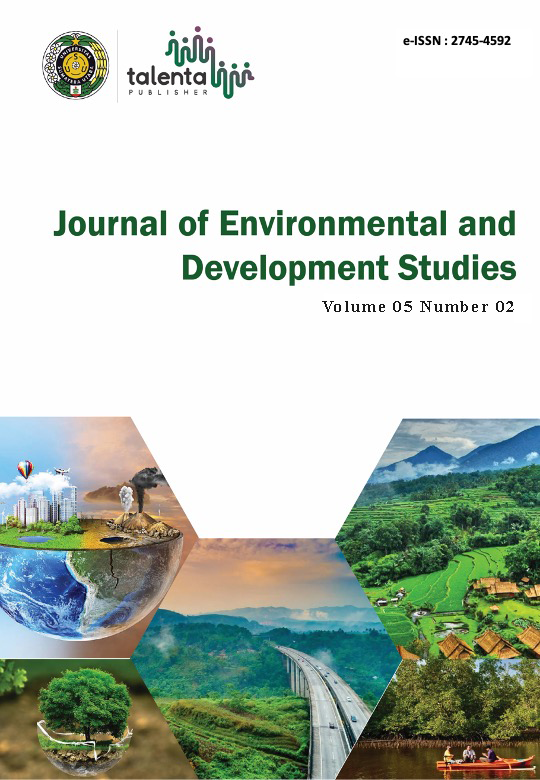Strategies for Performance Optimization: Risk Mitigation in Tourism Supply Chains of Indonesia
DOI:
https://doi.org/10.32734/jeds.v5i02.15902Keywords:
Tourism Industry, Performance, Supply Chain, Risk Mitigation, Decision Matrix Risk AssessmentAbstract
In the context of optimizing performance, the tourism industry has great potential as a source of income for regions and countries. One area that has great potential in the tourism industry is Rembang Regency, Central Java, Indonesia. However, this industry is also vulnerable to various risks, such as natural disasters, pandemics, and security issues. Therefore, this research aims to identify risks in the tourism industry supply chain in Rembang Regency and develop effective mitigation strategies. The research method used is decision matrix risk assessment (DMRA), which involves supply chain mapping, risk identification, risk assessment, risk response development, and risk response control. The results of identifying risks that need to be mitigated from travel agents to tourist activities include fluctuating products/services, incompatibility with tourist destinations, and failure in promotional programs. Meanwhile, stakeholder activities in the tourism industry include failure in formulating policies and promotional programs. Proposed mitigation measures include diversifying supply chains, improving communication between suppliers and the tourism industry, and developing flexible policies. Implementation of this strategy is expected to strengthen the tourism industry supply chain in Rembang Regency, improve the tourist experience, and support sustainable economic growth. Risk mitigation in the tourism industry also contributes to the performance of the tourism industry and the achievement of sustainable development goals (SDGs) by providing benefits to the environment, economy, and local communities.
Downloads

Downloads
Published
Issue
Section
License
Copyright (c) 2024 Journal of Environmental and Development Studies

This work is licensed under a Creative Commons Attribution-ShareAlike 4.0 International License.













